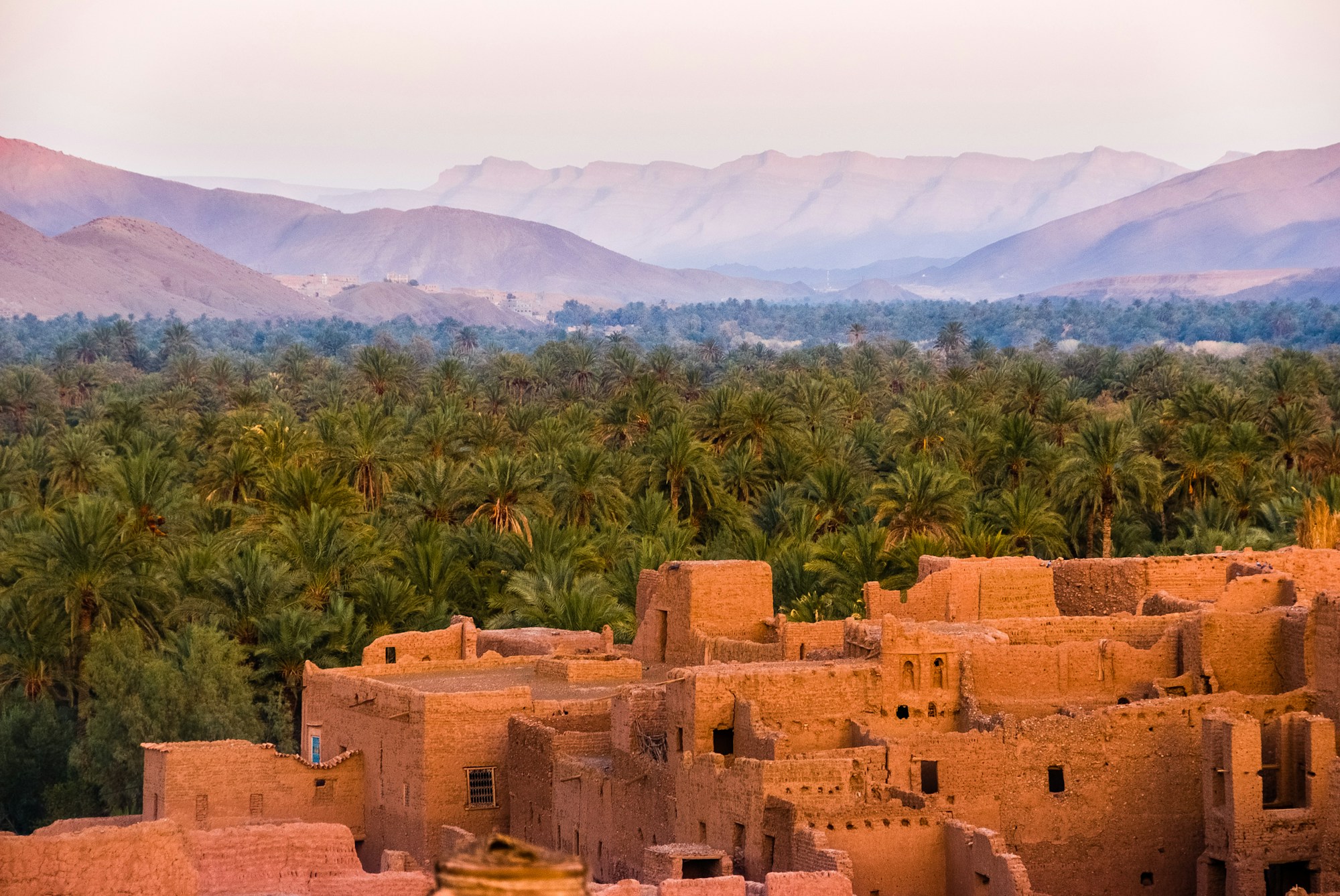Exploring Moroccan Culture: History, Customs, Festivals

Exploring Moroccan Culture: History, Customs, Festivals
When it comes to immersing yourself in a rich and diverse culture, Morocco is a destination that cannot be beaten. Located in North Africa, Morocco offers a fascinating blend of Arab, Berber, and European influences, resulting in a unique cultural experience for travelers. From the ancient medinas (walled cities) to the stunning landscapes of the Atlas Mountains and the Sahara Desert, Morocco is a treasure trove waiting to be discovered.
History
Morocco has a rich historical heritage that dates back thousands of years. It was once part of the Roman Empire and later became a center of Islamic civilizations. The country has been influenced by various dynasties, including the Berber dynasties, the Almoravids, the Almohads, and the Marinids. In the 15th century, Portugal and Spain established colonies on the Moroccan coast, leading to a period of European domination. Morocco gained independence in 1956 and has since evolved into a modern nation while still preserving its ancient traditions.
Customs and Traditions
Morocco is known for its warm hospitality and traditional customs. Here are some important customs and traditions to be aware of when visiting:
- Moroccan Cuisine: Moroccan cuisine is a fusion of flavors influenced by Arab, Berber, and Mediterranean traditions. Must-try dishes include tagine (slow-cooked stews), couscous, and mint tea.
- Islamic Culture: Islam is the predominant religion in Morocco, and Islamic customs and traditions are deeply ingrained in Moroccan society. Visitors should respect local traditions, such as dressing modestly and removing shoes before entering mosques.
- Moroccan Hospitality: Moroccans are known for their warm and welcoming nature. It is common for locals to invite visitors into their homes for tea or meals, providing an opportunity to experience Moroccan culture firsthand.
- Handicrafts: Morocco is renowned for its intricate handicrafts, including rugs, ceramics, metalwork, and leather goods. Exploring local markets, known as souks, is a great way to admire and purchase these unique crafts.
- Hammams: Hammams are traditional Moroccan public bathhouses. A visit to a hammam is a rejuvenating and cultural experience, where visitors can enjoy a steam bath and traditional spa treatments.
Festivals and Celebrations
Morocco is a country that loves to celebrate, and its festivals showcase its vibrant culture and traditions. Here are some of the most important festivals and celebrations in Morocco:
- Eid al-Fitr: Also known as the Festival of Breaking the Fast, Eid al-Fitr marks the end of Ramadan. It is a joyous celebration that brings families and communities together.
- Marrakech International Film Festival: Held annually in Marrakech, this film festival attracts international filmmakers, actors, and cinema enthusiasts. It showcases a wide range of films from around the world.
- Tan-Tan Moussem: This cultural festival is held in the town of Tan-Tan in southern Morocco. It celebrates the nomadic culture of the region and features camel races, traditional music, and dance performances.
- Fez Festival of World Sacred Music: Taking place in the city of Fez, this festival brings together musicians and performers from around the world to celebrate the spiritual power of music.
- Gnaoua World Music Festival: Held annually in the coastal city of Essaouira, this festival showcases the rich Gnaoua musical tradition, attracting musicians and visitors from all over the world.
